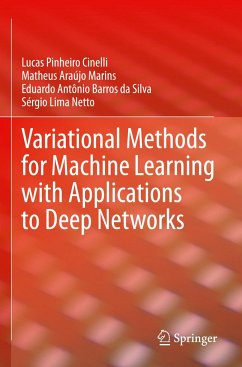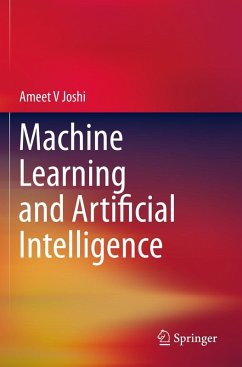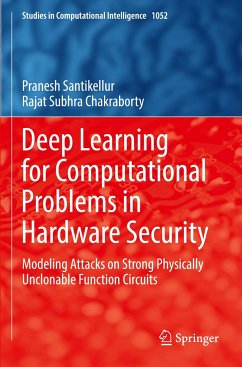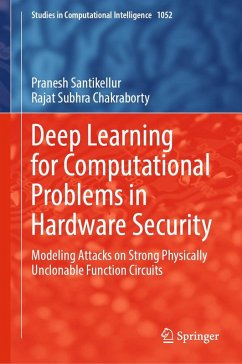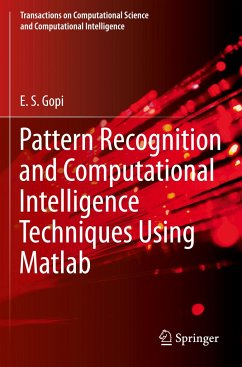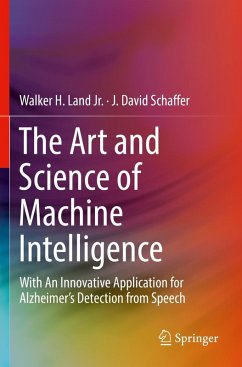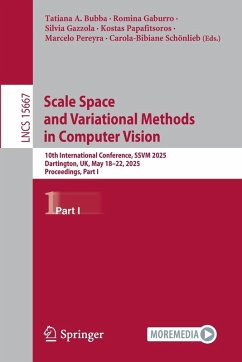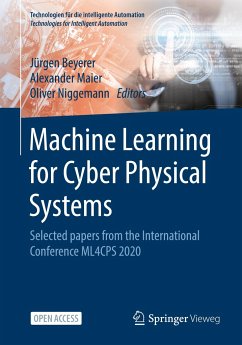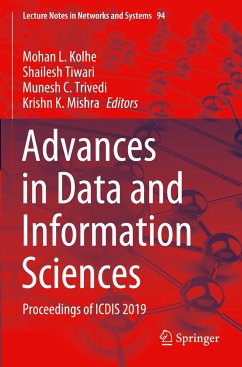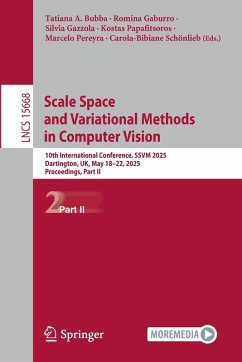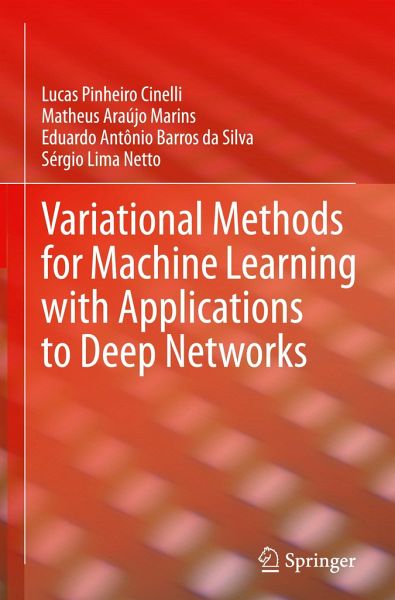
Variational Methods for Machine Learning with Applications to Deep Networks
Versandkostenfrei!
Versandfertig in 6-10 Tagen
106,99 €
inkl. MwSt.
Weitere Ausgaben:

PAYBACK Punkte
0 °P sammeln!
This book provides a straightforward look at the concepts, algorithms and advantages of Bayesian Deep Learning and Deep Generative Models. Starting from the model-based approach to Machine Learning, the authors motivate Probabilistic Graphical Models and show how Bayesian inference naturally lends itself to this framework. The authors present detailed explanations of the main modern algorithms on variational approximations for Bayesian inference in neural networks. Each algorithm of this selected set develops a distinct aspect of the theory. The book builds from the ground-up well-known deep g...
This book provides a straightforward look at the concepts, algorithms and advantages of Bayesian Deep Learning and Deep Generative Models. Starting from the model-based approach to Machine Learning, the authors motivate Probabilistic Graphical Models and show how Bayesian inference naturally lends itself to this framework. The authors present detailed explanations of the main modern algorithms on variational approximations for Bayesian inference in neural networks. Each algorithm of this selected set develops a distinct aspect of the theory. The book builds from the ground-up well-known deep generative models, such as Variational Autoencoder and subsequent theoretical developments. By also exposing the main issues of the algorithms together with different methods to mitigate such issues, the book supplies the necessary knowledge on generative models for the reader to handle a wide range of data types: sequential or not, continuous or not, labelled or not. The book is self-contained, promptly covering all necessary theory so that the reader does not have to search for additional information elsewhere.
Offers a concise self-contained resource, covering the basic concepts to the algorithms for Bayesian Deep Learning;Presents Statistical Inference concepts, offering a set of elucidative examples, practical aspects, and pseudo-codes;Every chapter includes hands-on examples and exercises and a website features lecture slides, additional examples, and other support material.
Offers a concise self-contained resource, covering the basic concepts to the algorithms for Bayesian Deep Learning;Presents Statistical Inference concepts, offering a set of elucidative examples, practical aspects, and pseudo-codes;Every chapter includes hands-on examples and exercises and a website features lecture slides, additional examples, and other support material.



